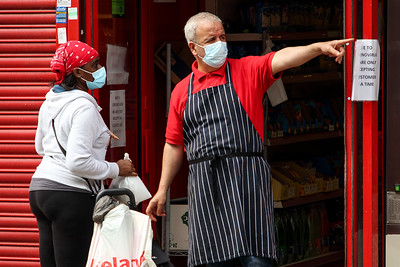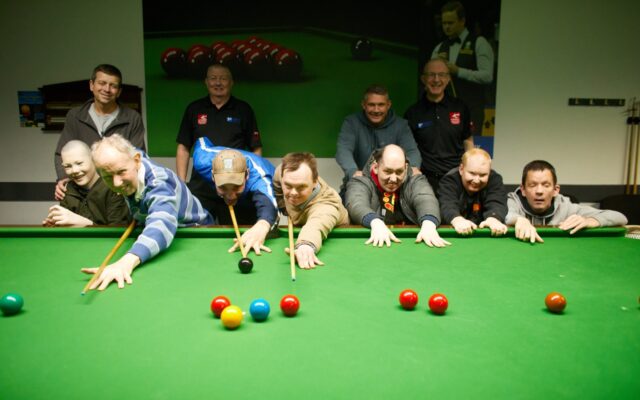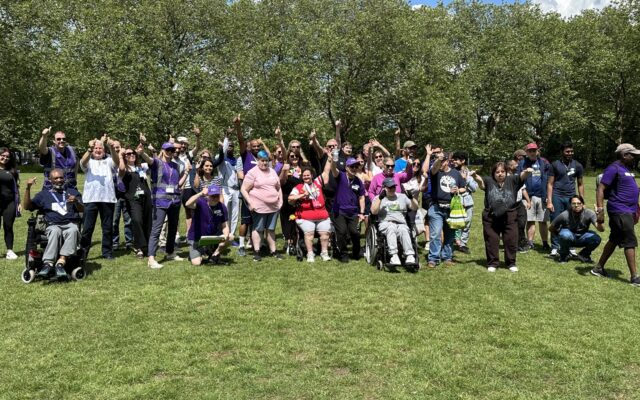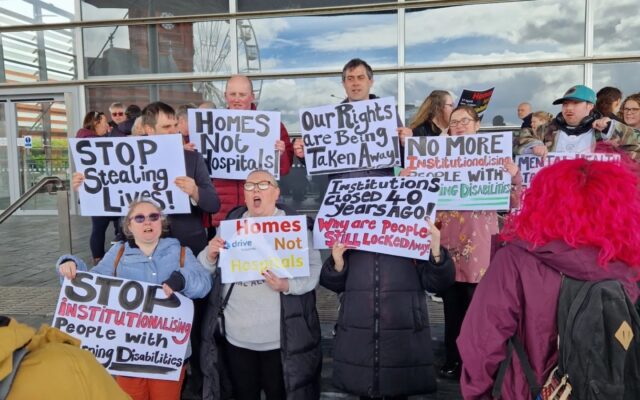The Covid-19 crisis has been a great teacher but many of its lessons have been very harsh indeed. First, we learned that some governments are now prepared to treat a global pandemic as a serious public health threat and take drastic action to safeguard their people. This is quite a new phenomenon, and may signal an important development in our understanding of ourselves and the global community. Suddenly, we are a lot more aware we are all connected with each other – for good and ill.
The UK government was less willing to act quickly, but was eventually shamed into action. Its slow response has caused a high death rate and a severe economic depression. After 10 years of austerity, with the slowest economic recovery on record, the UK is poorly equipped to deal with this economic shock. However, it is possible that the world will not respond to this crisis as badly as it did the last.
Economic rethink
More people can see that the traditional economic model, which assumes everyone should be in work (however unproductive, badly paid or harmful), simply does not work. The treadmill of work and consumption is killing the planet and it is killing us. When painter David Hockney said that crisis shows us that “the only things that matter in life are love and food”, this struck a chord. Many people have welcomed the chance to stay home, get involved in their community, cook more and take more care of the family.
The second lesson might be that we need to build a different economy, where everyone has enough to live on and how we work is good for the planet and each other. There is a growing interest in universal basic income (UBI) – a system where everyone gets enough income to live on. At the beginning of the crisis, there were four UBI labs (pilot schemes testing its potential) in the UBI Lab Network; there are now 23 (see www.ubilabnetwork.org). Public awareness and support for UBI keep growing.
The third lesson is perhaps the most painful – that the lives of disabled people are not valued by our government. The intrinsic risks of institutional living mean care homes are likely to be dangerous places to live. At the start of the crisis, the government assured us care home residents would be “shielded” but, in practice, one of its first actions was to discharge people from hospital – with no testing – straight into those care homes. The high death toll was inevitable.
On top of this, many people were encouraged to sign do not resuscitate forms to limit pressure on intensive care units. Clearly, not all lives matter. More positively, most people who organise their own support have been able to stay safe. Some authorities relaxed the stupid rules that prevented people from using their personal budgets flexibly.
Some organisations in Europe are seeing this as the moment to push back against institutional and large-scale congregate living. Perhaps this will be the moment when we reignite the movement for community living.
Power downwards
The fourth lesson has been that many people have discovered their own citizenship. They found they could connect with neighbours, offer and get support, and do things in the community – all at a safe distance. Streets and neighbourhoods found their voice and many are now seeking to build on this.
This does feel like the start of something new. Over the past 10 years, the Centre for Welfare Reform has published numerous articles and reports describing innovations that would work best at a neighbourhood level: local area coordination, peer support, individual service funds, self managing teams, Small Sparks (a small grants programme) and many more. Often, it feels that central and local government are blind to the value of citizenship and community. Power always seems to stay stuck at the wrong level. But now we are starting to see people come together to ask how to establish people power at a local neighbourhood level.
With Citizen Network (https://citizennetwork.org), we have launched the Neighbourhood Democracy Project and are connecting with people all around the world who want to create a long-lasting shift in power towards local communities. Whether we remember these lessons in the coming months and years will depend on what we choose to do now. It is possible we’ll forget all this; there are certainly those who are threatened by a new way of doing things. There will be a lot of pressure to go back to the old normal.
In the brain, memory works by creating connections, so perhaps the same will be true for us. If we make and maintain new links, we can perhaps use this crisis to build a better world that works for everyone.
Simon Duffy is director of the Centre for Welfare Reform and secretary to Citizen Network






